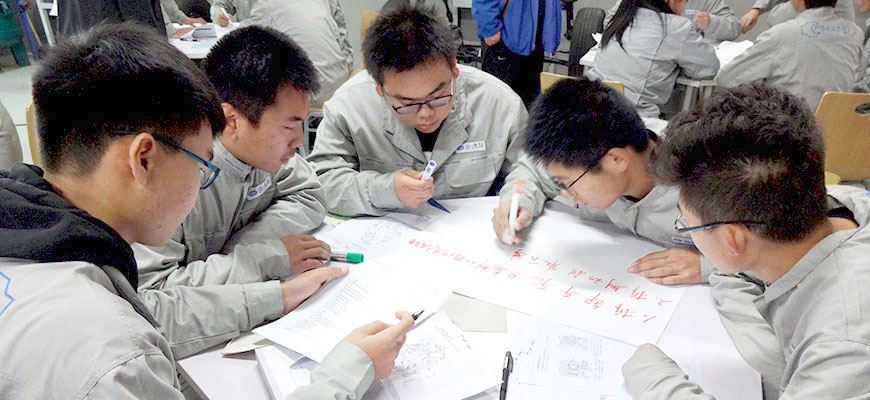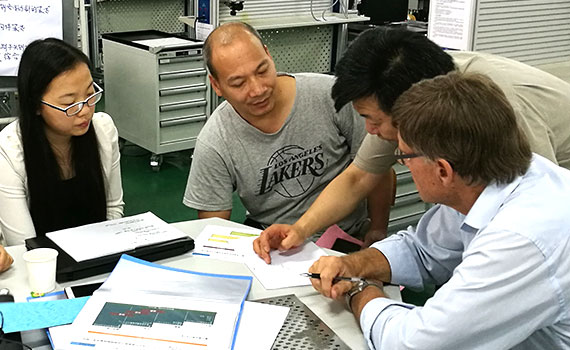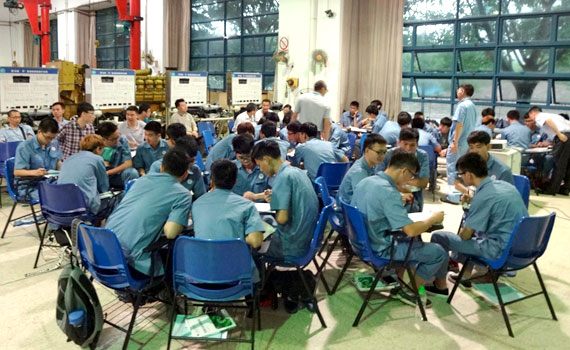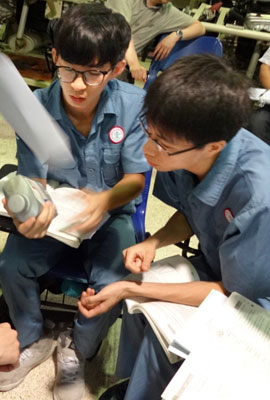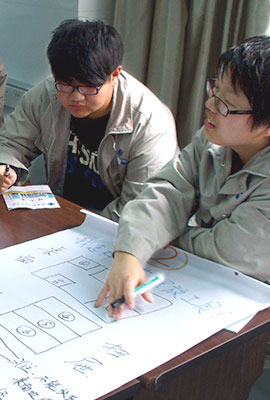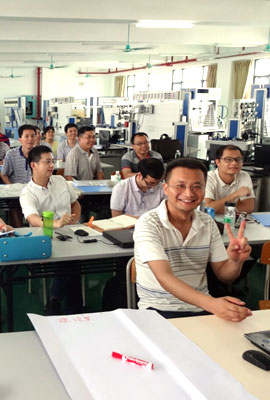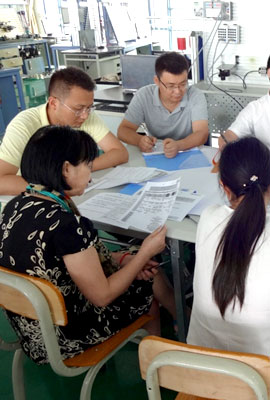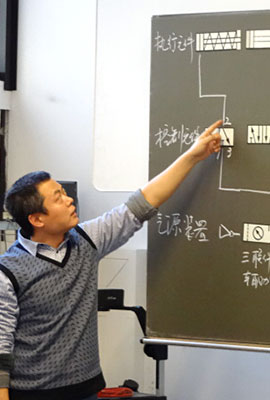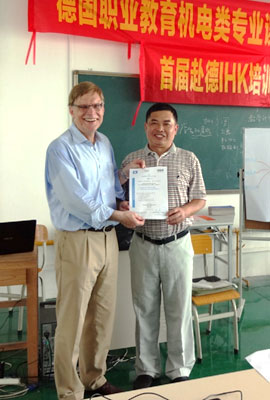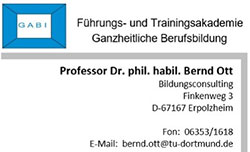At the Shunde Polytechnic College in China teaching staff are able to complete a modular master trainer qualification. As part of this, they acquire subject-specific knowledge and competencies in didactic methodology to prepare them for the new learning culture 4.0.
The goal of the master trainers' training is to utilize new, subject-specific content and innovative concepts in didactic methodology to prepare Chinese vocational education and training for the new learning culture 4.0. The intention is that the training will enable future master trainers to train other college teaching staff, to disseminate the master trainer concept, and to independently develop this for centres of excellence which are currently being established.
The Shunde Polytechnic College in the Chinese province of Guangdong is financing the development and implementation of the master trainer qualification. In Germany, the Institute for Training and Careers (Gesellschaft für Bildung und Beruf e. V. (GBB)) is responsible for project coordination and organisation. Training advisers and moderator Professor Dr. Bernd Ott are running the advanced training activities locally together with a permanent Chinese partner in the role of interpreter.
